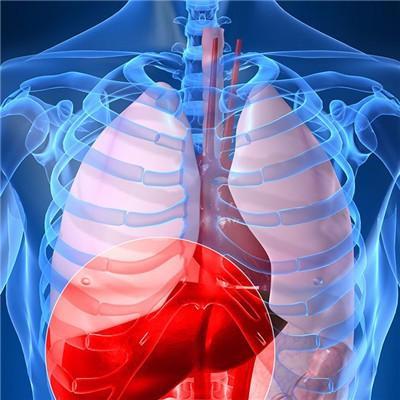What are the symptoms of shock
summary
The term shock is transliterated from English shock. It is a systemic and critical pathological process in which various strong pathogenic factors act on the body, resulting in a sharp decline of circulatory function, a serious insufficiency of microcirculation perfusion of tissues and organs, and even serious dysfunction of vital organ function and metabolism.
What are the symptoms of shock
Clear mind, with painful expression, mental tension; Thirsty; The color of skin and mucous membrane began to be pale, and the temperature was normal or cool; Pulse 100 times / min or less, still powerful; Systolic blood pressure was normal or slightly increased, diastolic blood pressure increased and pulse pressure decreased; The morphology of blood vessels on the body surface was normal; The urine volume was normal; The estimated blood loss was less than 20% (800ml).

His mind is clear and his expression is indifferent; Very thirsty; The skin and mucous membrane are pale and cold; Pulse 100 ~ 120 beats / min; Systolic blood pressure was 90 ~ 70mmhg, pulse pressure was low; The superficial vein collapses and the capillary filling is slow; Less urine; The estimated blood loss was 20% ~ 40% (800 ~ 1600ml).

Vague consciousness, even coma; Very thirsty and may have no chief complaint; The skin and mucous membrane were pale, the extremities were blue and purple, and cold (the extremities were more obvious); The pulse is fine or unclear; Systolic blood pressure was below 70 mmHg or could not be measured; Capillary filling was very slow and superficial vein collapsed; Little or no urine; The estimated blood loss was more than 40% (1600ml).

matters needing attention
If the patient's mind becomes clear and can respond normally to external stimulation, it means that the patient's circulating blood volume has been basically replenished; On the contrary, if the patient's expression is indifferent, restless, delirium or drowsiness or coma, it reflects the disturbance of brain due to poor blood circulation.















